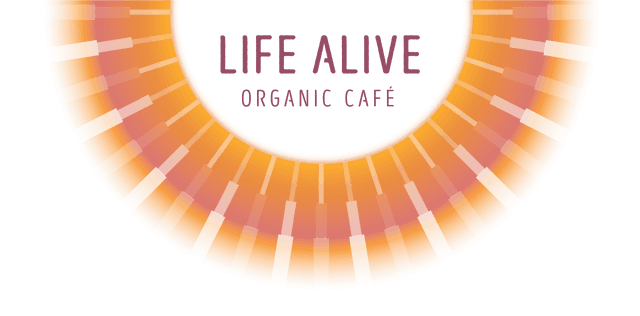No need for fancy serums and a 10-step skincare routine. Healthy, glowing skin can also begin with what’s on your plate. While certain products can help protect your skin or keep it moisturized, the foods you eat have the most impact on enhancing your natural skin’s beauty.
In this guide, we'll explore the essential vitamins, minerals, and nutrients that make for radiant skin, along with the everyday foods that deliver these beauty-boosting results.
8 Vital Ingredients to Bright, Beautiful Skin
Strawberries
Vitamin C - Your Skin’s Brightest Booster
A powerhouse nutrient, Vitamin C is essential for collagen production—the protein that keeps skin firm and fresh. It's also a powerful antioxidant that brightens skin tone and fights damage from UV exposure. Just one cup of strawberries provides 150% of your daily vitamin C needs.

Flaxseeds
Omega-3 Fatty Acids - Nature’s Moisturizer
The essential fats found in Omega-3 fatty acids help strengthen your skin's barrier, locking moisture in and irritants out. They also reduce inflammation that can lead to premature aging and skin conditions like acne. One tablespoon of ground flaxseed contains around 1.6 grams of omega-3 fatty acids, which is about the daily recommended amount.

Sunflower Seeds
Vitamin E - The Protection Shield
This fat-soluble vitamin found in sunflower seeds protects cell membranes and works in synergy with vitamin C to defend against environmental damage. Vitamin E is found in our sebum (skin oil), which creates a natural barrier to retain moisture. One ounce of roasted sunflower seeds contains 7.4mg of Vitamin E, and that’s 49% of your daily vitamin E needs.

Eggs
Vitamin A - The Skin Rejuvenator (aka retinol!)
Vitamin A—otherwise known as retinol—regulates cell production, prevents pores from clogging and accelerates skin renewal. It's the nutrient behind prescription retinoids, but you can get gentler benefits through diet, which will work to reduce the appearance of fine lines and wrinkles by stimulating collagen production. In general, retinoids promote skin cell turnover and can help improve hyperpigmentation, age spots and sunspots, plus lead to a more even skin tone. You can get 8% of your daily vitamin A value from just one large hard-boiled egg, which contains 75 micrograms of retinol.

Sweet Potatoes
Beta Carotene - The Complexion Enhancer
Known as the orangey-red pigment found in many fruits and vegetables, our body converts antioxidant beta-carotene into vitamin A, which we know promotes cell turnover for fresher, more vibrant skin. And it’s super easy to incorporate into your diet—just one cup of sweet potato provides 213% of your daily vitamin A needs.

Lentils
Zinc - The Healing Mineral
This nutrient accelerates wound healing, helps control oil production and fights bacteria that can cause acne. And it’s also crucial for cell division and growth. Lucky enough, many foods are rich in zinc, like lentils. Just a single cup contains 2.5mg of zinc, about 23% of the daily value.

Cashews
Selenium - The Skin’s Natural Defense
Selenium is a trace mineral and powerful antioxidant that protects skin cells from damage. Studies show selenium can help preserve elastin, the protein that keeps skin flexible and youthful, and may even help protect against skin cancer. As an antioxidant, it also protects against excessive free radicals in the body. And a single ounce serving of cashews contains 10% of the daily value.

Water
Hydration - The Ultimate Skin Secret
Your skin is made up of approximately 64% water for a reason. Proper hydration is the foundation of supple, elastic skin. It helps flush toxins and transport nutrients to skin cells. Beyond just plain water, you can incorporate high-water content foods like cucumber, watermelon and celery into your diet. All three contain over 90% water.

4 Ingredients to Consume in Moderation
Alcohol
While occasionally partaking in a drink is no issue, consistent alcohol use can dehydrate skin, dilate blood vessels (causing redness) and deplete vital nutrients. Even moderate consumption can reduce vitamin A levels, which are crucial for cell renewal.
Sugar
We all love a sweet treat, but high sugar consumption can trigger glycation, a process that damages collagen and elastin fibers, leading to premature aging and wrinkles. And studies show high-glycemic diets are associated with increased acne severity.
Salt
Excessive sodium intake causes water retention, which may lead to facial puffiness and under-eye bags. Salt also dehydrates skin cells and can exacerbate inflammatory skin conditions like eczema and psoriasis.
Caffeine
A good cup of coffee can help start the day, but excess caffeine intake may interfere with sleep quality and increase stress hormones, both of which impact skin repair cycles and contribute to a lackluster complexion.



